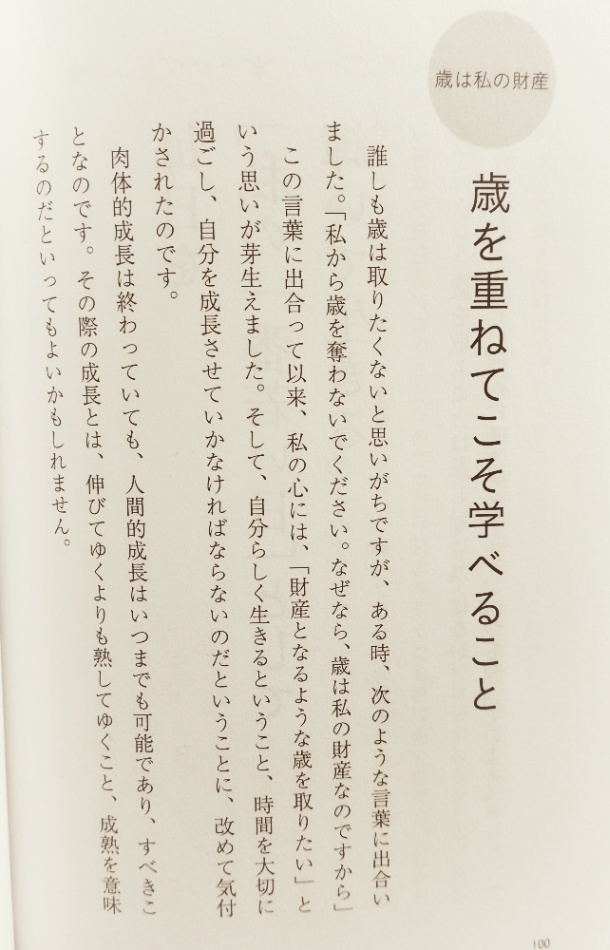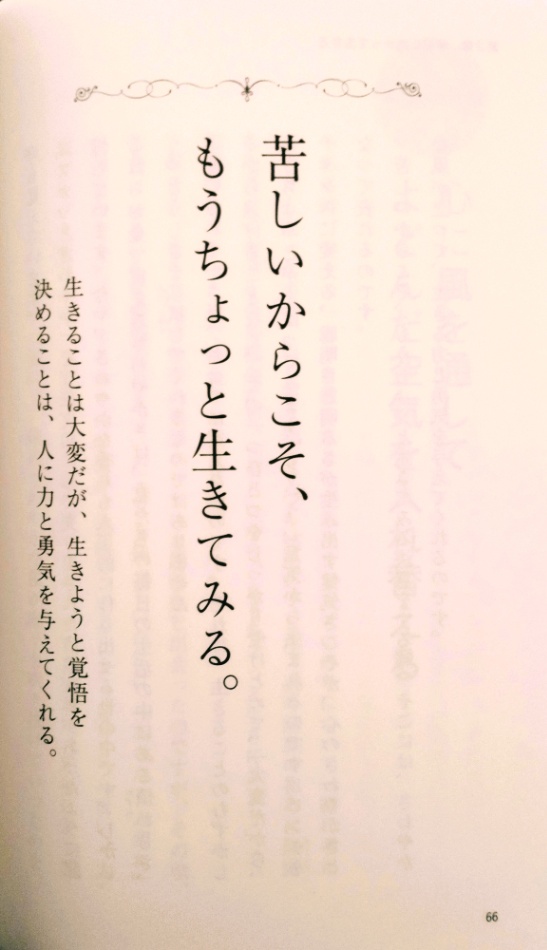こそ (koso) Meaning Japanese Grammar - For Sure
Sandro Maglione
Get in touch with meThe particle こそ (koso) is used to give emphasis to the noun that precedes it, indicating that it is the main element of the sentence.
こそ in many cases replaces the particles が and を when you want to give particular importance to the marked noun, which generally corresponds to the subject of the sentence.
In this post we are going to learn more about the meaning of こそ, how it is formed, and when こそ is used through real example sentences.
How こそ is formed
こそ is an adverbial particle (副助詞). To use こそ just add it after the noun you want to emphasize (similar to the particles が and を):
こそ cannot replace the particle は, since は indicates the subject of the sentence, but without adding emphasis (as opposed to が and こそ).
今度こそ勝つ!
This time I win!
How and when to use こそ
こそ has no real translation; こそ is used to give emphasis to the preceding term and to highlight that it is the most important part of the sentence.
これこそ探していたものです。
This is exactly what I was looking for.
In this example we see how これ (this) is followed by the particle こそ. The use of こそ allows to give a particular emphasis to the sentence, indicating that this is just or exactly what I was looking for (探す).
The use of こそ adds much more emphasis than the particle が, which is used simply to indicate the subject:
これが探していたものです。
This is what I was looking for.
Using こそ is similar to marking the word as bold or italics.
今日こそ勝つ!
Today I will win!
0:00.00
-1:0-1.00
In this other example こそ underlines the word today (今日). This allows us to understand that probably whoever pronounces this sentence has lost all the other days, and that today is the day when he will finally win.
こそ to give emphasis and motivate
Let's see an emblematic example of the use of こそ:
我らこそ対馬の勇士我らこそ武士だ。
We are the warriors of Tsushima, we are samurai!
0:00.00
-1:0-1.00
In this example, taken from the video game Ghost of Tsushima, we see the use of こそ to emphasize the word we (我ら). This sentence is pronounced by the general in a war to motivate the army before starting the assault. We also notice from the audio how the use of こそ adds a particular emphasis and sense of belonging, to which the army responds with fury.
からこそ: "just because"
When こそ is preceded by the particle から, the expression からこそ is formed, which translates as precisely because, precisely for this.
This expression is meant to emphasize the main reason for something, literally translated as and that's exactly why....
毎日努力をしたからこそ、一番になれた。
It's exactly because I worked hard every day that I became the best.
In the example we see how からこそ emphasizes the main reason that led the speaker to be the best (一番).
In fact, the use of からこそ makes it clear that there are probably other reasons as well, but the main and most important one is exactly the one indicated.
老いるからこそ死ぬからこそたまらなく愛おしく尊いのだ。
It is precisely because you get old, precisely because you die, that makes it intolerably and intensely precious.
0:00.00
-1:0-1.00
ばこそ: "only because"
Another expression similar to からこそ is ばこそ. This expression uses the hypothetical verb form ば followed by こそ:
ばこそ translates as precisely for this, only for this, and is used to give a subjective opinion on the reason that leads to a certain result.
悲しみがあればこそ、喜びもある。
It is precisely because there is sadness that there is also happiness.
てこそ: "only by"
The particle こそ can also follow a verb in its て form to form the expression てこそ:
てこそ indicates that the action indicated by the preceding verb is absolutely necessary for what follows to happen; てこそ can be translated as only if, if not, it is necessary that:
社長になってこそ、社長の苦労がわかる。
Only by becoming president you do understand the difficulties of taking on this role.
The てこそ form in a Japanese publication:

歳を重ねてこそ学べること
Things that can only be learned with age
In the same publication the からこそ form:

苦しいからこそ、もうちょっと生きてみる。
Because it's hard, I'll try to live a little longer.
こそ in an expression of gratitude
The particle こそ is commonly used in a form of 感謝 polite and formal gratitude.
田中
今日はありがとうございました。
Thank you very much for today.
山田
こちらこそ、ありがとうございました。
The pleasure was mine, thank you.
In this expression こちら replaces わたし in meaning, but in the form わたしこそ is not used.
In other cases that do not concern the form of gratitude, わたしこそ can be used, for example:
ゆき子
この前はごめんね...
Sorry about the other day ...
えい子
私こそ悪かった。
I was the one who was sorry.
Examples of こそ
忙しいからこそ、家族との時間を大切にしたい。
Precisely because I'm busy, I want to value the time with my family.
この公園は静かだからこそ大好きです。
I love this park because it is quiet.
これこそが必要だ。
This is exactly what we need.
Similar grammar points in Japanese 📚
申し訳ございません
申し訳ございません (moshi wake gozaimasen) Meaning Japanese Grammar - I Apologize
わけがない
わけがない (wake ga nai) Meaning Japanese Grammar - There Is No Reason That
わけではない
わけではない (wake dewa nai) Meaning Japanese Grammar - Does Not Mean That
わけだ
わけだ (wake da) Meaning Japanese Grammar - That's Why...
わけがある
わけがある (wake ga aru) Meaning Japanese Grammar - There Is a Reason If
わけが分からない
わけが分からない (wake ga wakaranai) Meaning Japanese Grammar - Absurd